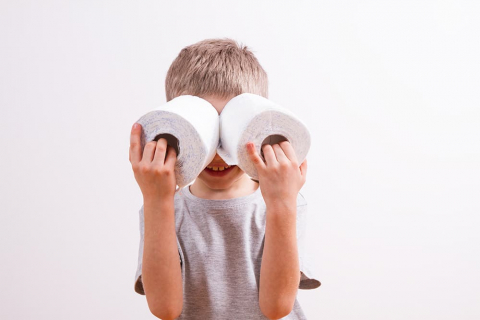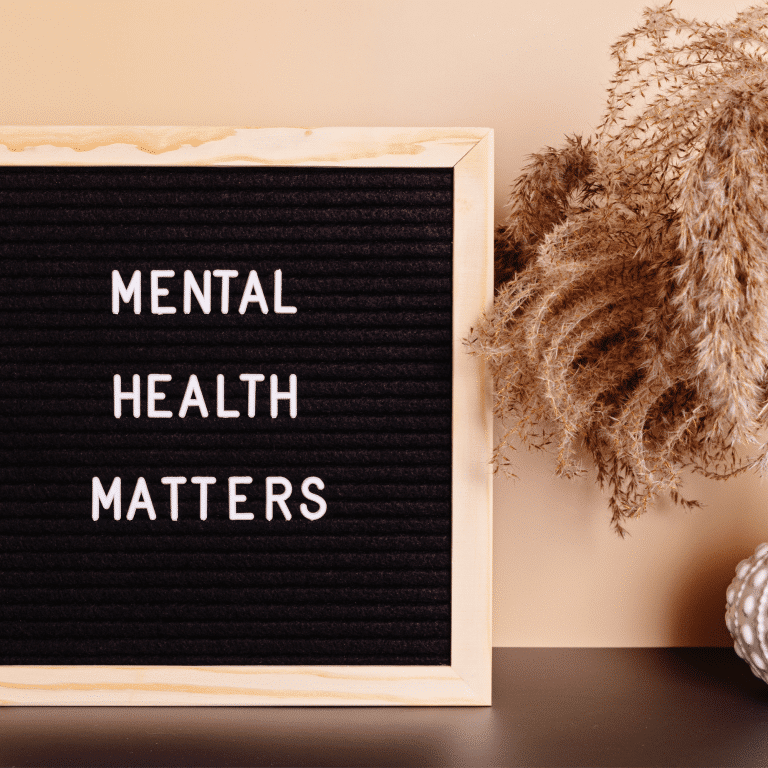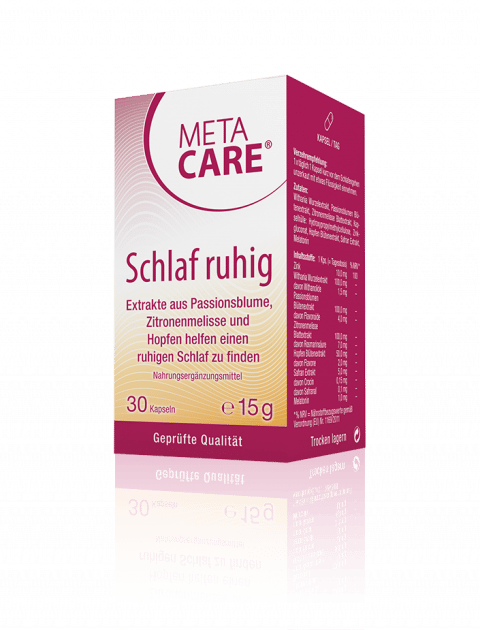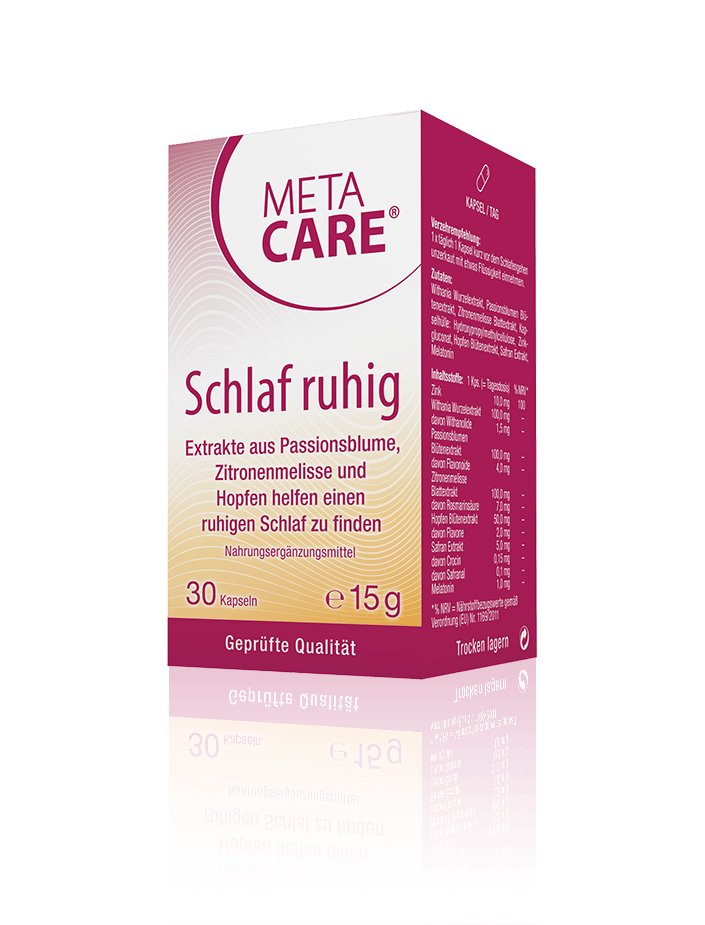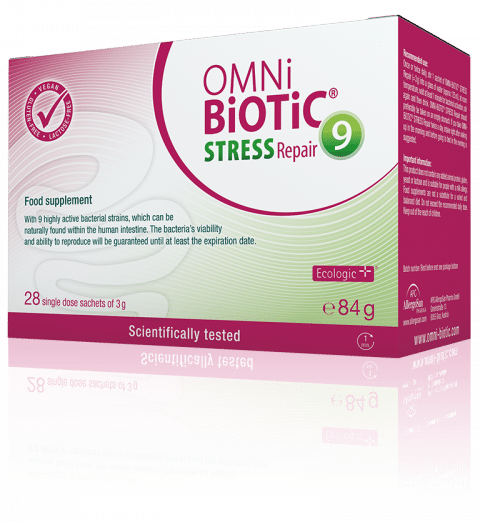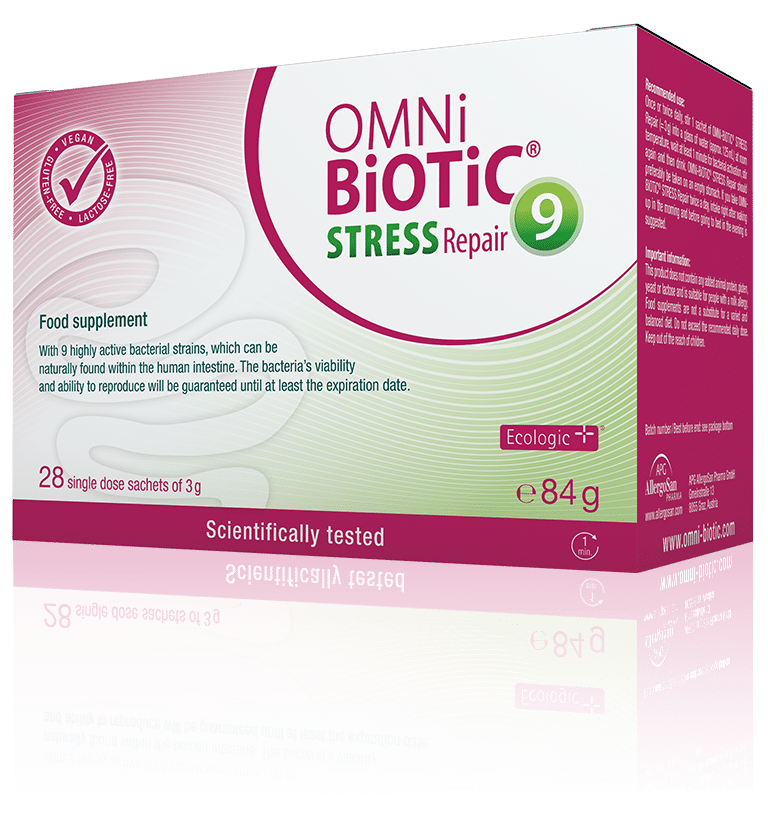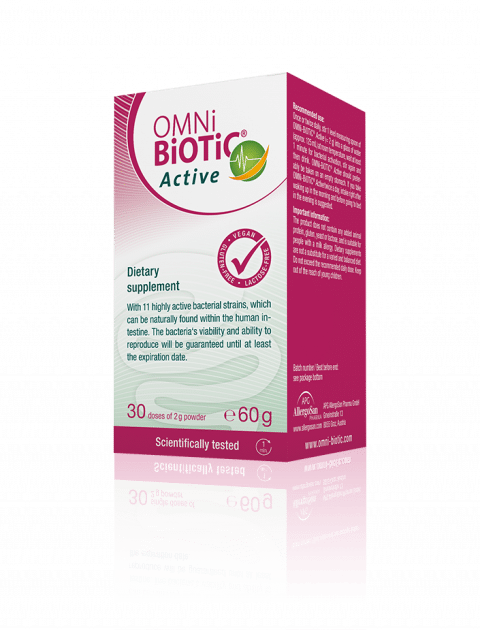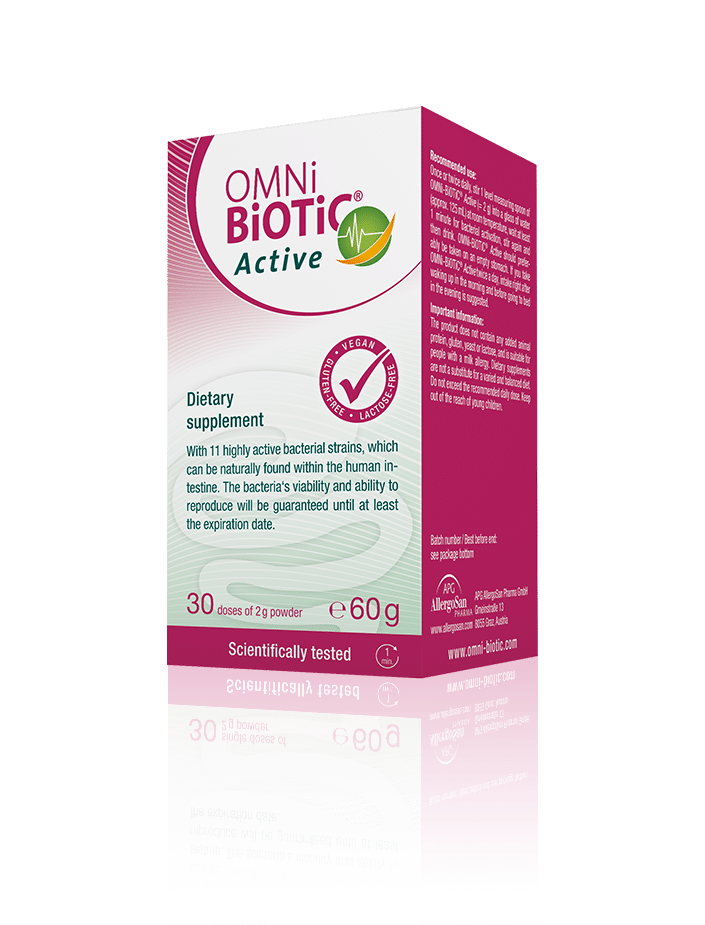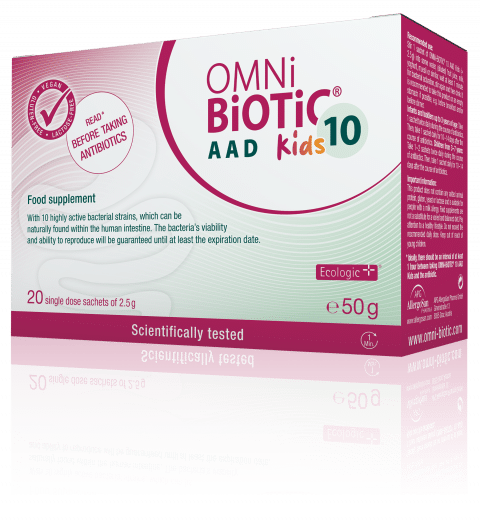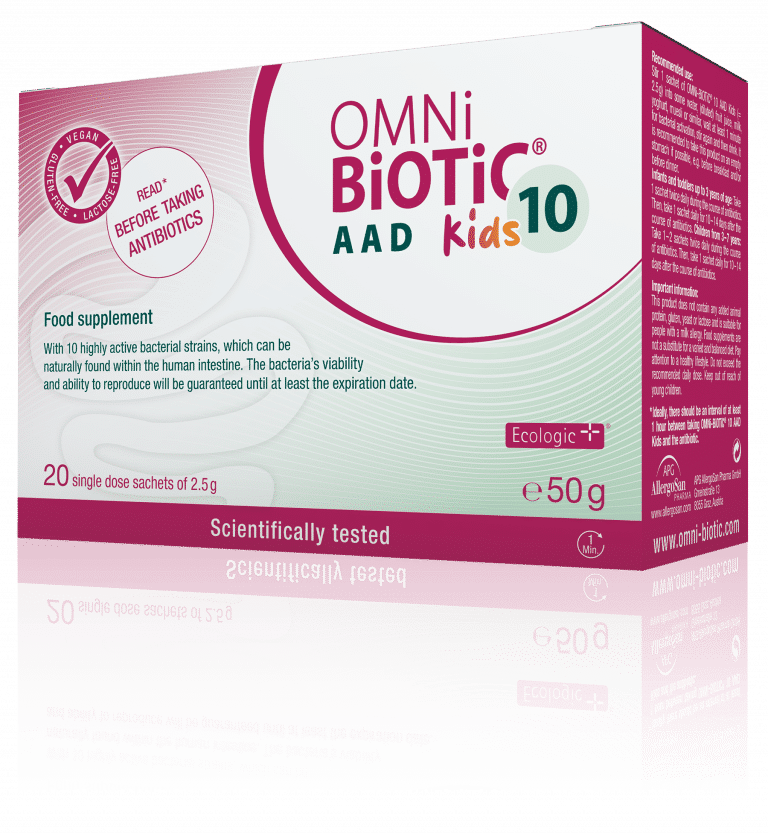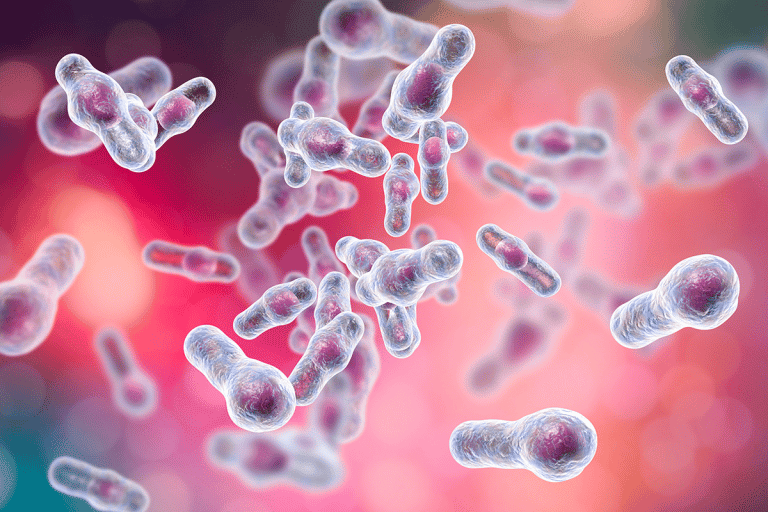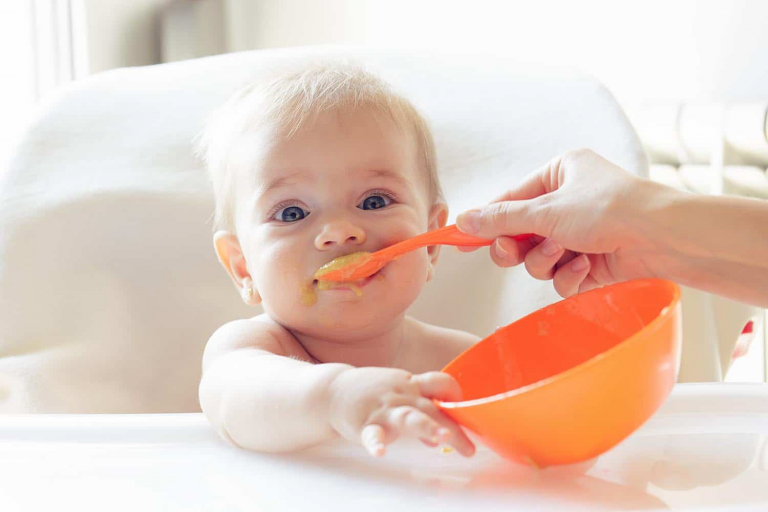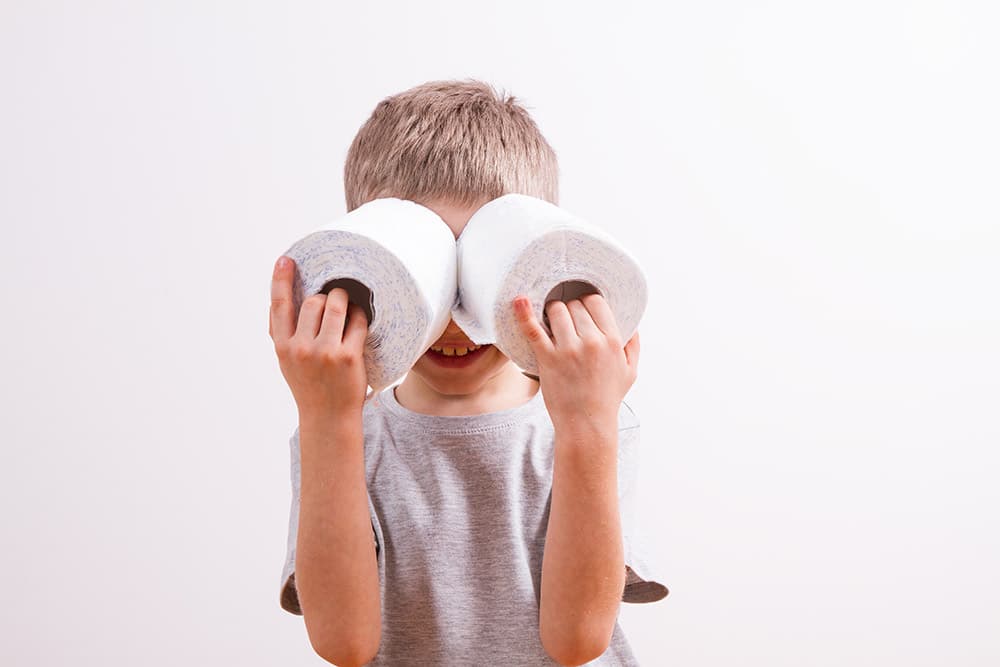
Children suffering constipation
For parents, the observation of a child’s digestion begins during diaper changes. This gives them an important information source on the well-being of their child. You would immediately recognise if your child had diarrhoea and it would always seem immanently life-threatening. You would also recognise constipation, just a little later. Of course, constipation must be dealt with too. But how? Constipation is a functional disturbance of the gut, which leads to delayed defecation. Infants and school children often experience problems with their bowel movements, which leads to toilet visits becoming an unpleasant or even painful ordeal. Often these children react by trying to hold back their stool. This may have physical and/or psychological causes. For example, sensitive children may react with stool retention if they feel they are being watched too closely, for example at the kindergarten, due to toilet doors which aren’t lockable. More frequently these problems arise due to dietary errors such as a diet including too much sugar, too little fibre (such as vegetables), too little fluid but also the diet change from liquid to solid foods. According to studies from the University of Amsterdam, children with parents who have a disturbed gut flora may also have a predisposition. A lack of exercise or too much stress may also lead to constipation.
Medical causes for constipation which should be ruled out
Rarely, constipation may be caused be underlying diseases such as diabetes, thyroid insufficiency, or congenital defects. These should be ruled out by a physician. Medication such as antidepressants, anticonvulsants, antidiabetics, and drugs for the treatment of asthma or heartburn can slow the digestive process, but virtually only do so in adults. Parents should become alert when their child passes only very small amounts of stool or if the duration of the constipation exceeds 3 days. Likewise, if there is blood in the stool of the child or if the child has pain during defecation. How does one stimulate sluggish digestion in children? Both probiotics and fruit extract from the papaya are natural, efficient and do not lead to habituation effects. Useful probiotic bacteria lower the pH value in the gut by producing lactic acid; in doing so, they speed up digestion as well as the further transport of the consumed food. Papaya preparations increase enzyme activity in the gut and so lead to more frequent bowel movements, which are also of a softer consistency; which prevents occurrence of painful defecation. Besides these two approaches based on natural medicine, it is important to make sure your child drinks at least 2 litres of fluid a day. Additionally, belly massages, enough time on the toilet (never rush a child on the toilet!), a regular daily routine, lots of exercise as well as a fibre rich diet are all things that can help to remedy constipation in children.
